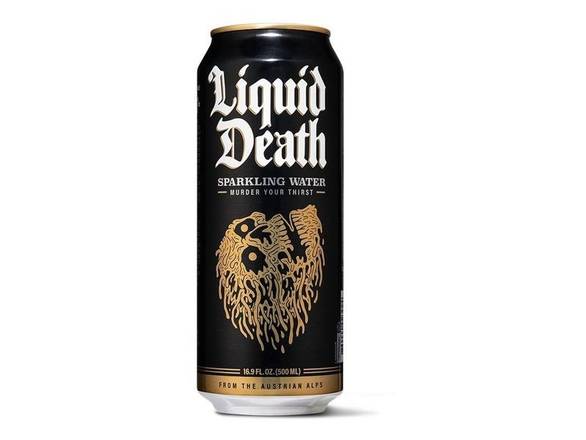
What’s so special and “Xtreme” about it? Well, for starters, it has a ton of caffeine. Redline Xtreme is a special version of the popular Redline energy drink. However, despite lowering it, they’re still sitting pretty high at 300 mg of caffeine per can. Bang originally had 357 mg of caffeine per 16 oz can, but they have since lowered their caffeine content. Bang: 300 mg Per Canīang is an energy beverage that has become extremely popular and has totally dominated the market since it was released due to its high levels of caffeine. However, this beverage is owned by the same company that produces Monster Energy, so it’s really no surprise that it's gotten so popular - or that it has so much caffeine! A single 16 oz can of Reign has 300 mg of caffeine, but these drinks boast no sugar, making them a solid choice for those looking to consume that much caffeine at once. Reign is relatively a newcomer to the world of energy drinks. Some have recently been lowering their caffeine content from 260 mg to 160 mg, but a lot of the flavors are still at that higher level of caffeine. NOS comes in a traditional 16 oz can, and the amount of caffeine in the beverage varies from flavor to flavor. It makes sense that NOS chose to name their energy drink after this fast-paced chemical. The name of the brand was inspired by nitrous oxide, a booster that racers use in their vehicles to get a huge thrust of speed. NOS is an energy drink brand created in 2005 that appeals to fans of fast cars. Many consumers complain that 5-Hour Energy shots taste a bit artificial, but if you are looking to get some energy fast, they do work. With only 2 ounces of liquid inside these bottles, 200 mg of caffeine packs a punch. 5-Hour Energy: 200 mg Per Shotĥ-Hour Energy is another popular drink that is taken in a single shot.

The different flavors sometimes have different levels of caffeine, but the original Monster boasts 160 mg per can serving while the other flavors can have anywhere from 115 to 187 mg.

There is a huge selection of different flavors and varieties of Monster, from the original to the more unique ones like Juice Monster, Pipeline Punch, and even coffee-inspired flavors. Monster is an energy beverage that was launched in 2002 and is pretty popular in the energy drink world. If you grab the regular 16 oz can, most varieties will have around 160 mg of caffeine, while the large 24 oz cans have 240 mg of caffeine. Rockstar comes in a standard 16 oz can, or a large 24 oz can. It launched back in 2001 and is similar to the energy drink Monster in that there are a huge variety of flavors that are now available. Rockstar is another pretty popular energy drink. Red Bull comes in a 12oz can, which is slightly smaller than some of the other energy beverages on this list, but it still contains quite a bit of caffeine.Įach can of Red Bull has roughly 111 mg of caffeine. Although the original flavor in the silver and blue can is among the most famous, there are a variety of other Red Bull flavors on the market now, too. This popular beverage hit the shelves in Austria in 1987 and made its way to other countries around the globe in the following years.

Red Bull is a classic energy drink that is known fairly well. With zero added sugar and absolutely nothing artificial, it’s easy to see why Proper Wild is a fan-favorite. While there are other products available that contain more caffeine, Proper Wild’s organic caffeine is 100% plant-based, so you can experience smoother, more sustained energy throughout the day. Additionally, they contain 120 mg of L-theanine to give you that heightened focus and boosted productivity you’re looking for without the jitters or crash. These popular energy shots provide 100 mg of organic caffeine that comes from green tea to provide clean, long-lasting energy. If you haven’t tried Proper Wild’s energy shots yet, you’re missing out. Top Energy Drinks Ranked by Their Caffeine Content Proper Wild: 100 mg Per Shot Winner: Highest Quality Caffeine

With that in mind, have you ever wondered what energy drink has the most caffeine? If so, you’ve come to the right place! Keep reading as we rank energy drinks by their caffeine content. However, for kids and teens, daily caffeine intake should be even less. Recommendations for consuming caffeine are up to 400 mg a day and no more than 200 mg in a single dose. Often combined with incredibly large amounts of sugar, these popular beverages may pose a serious health risk with studies continuing to show an increasing amount of negative impacts from large doses of caffeine and sugar. Caffeine levels in many energy drinks can be very high.


 0 kommentar(er)
0 kommentar(er)
